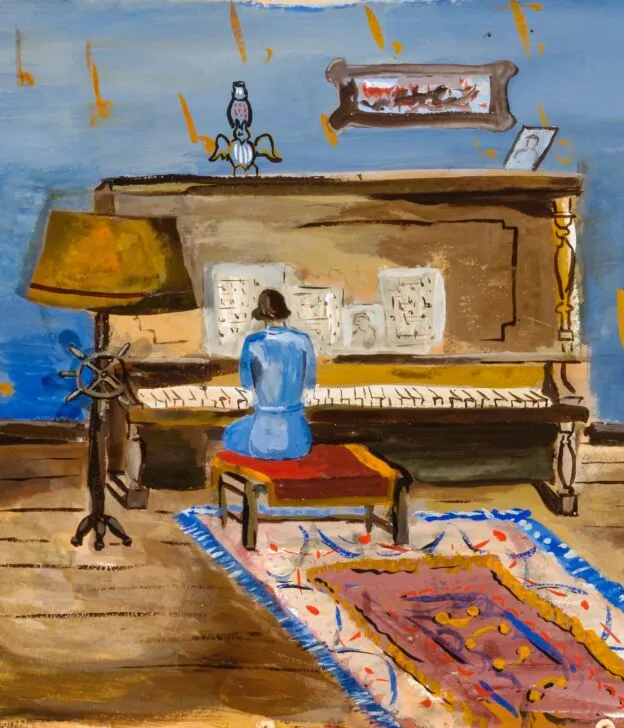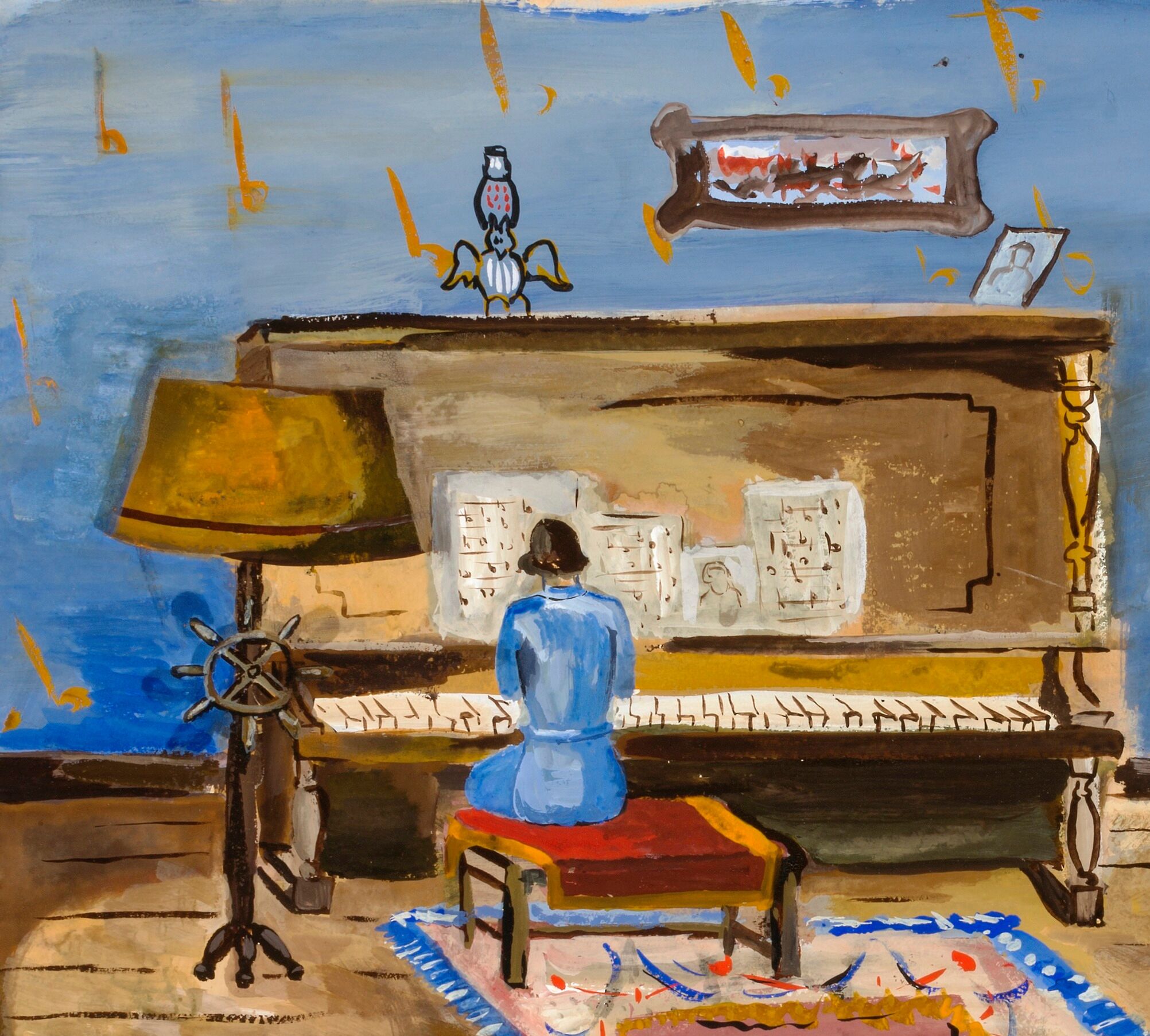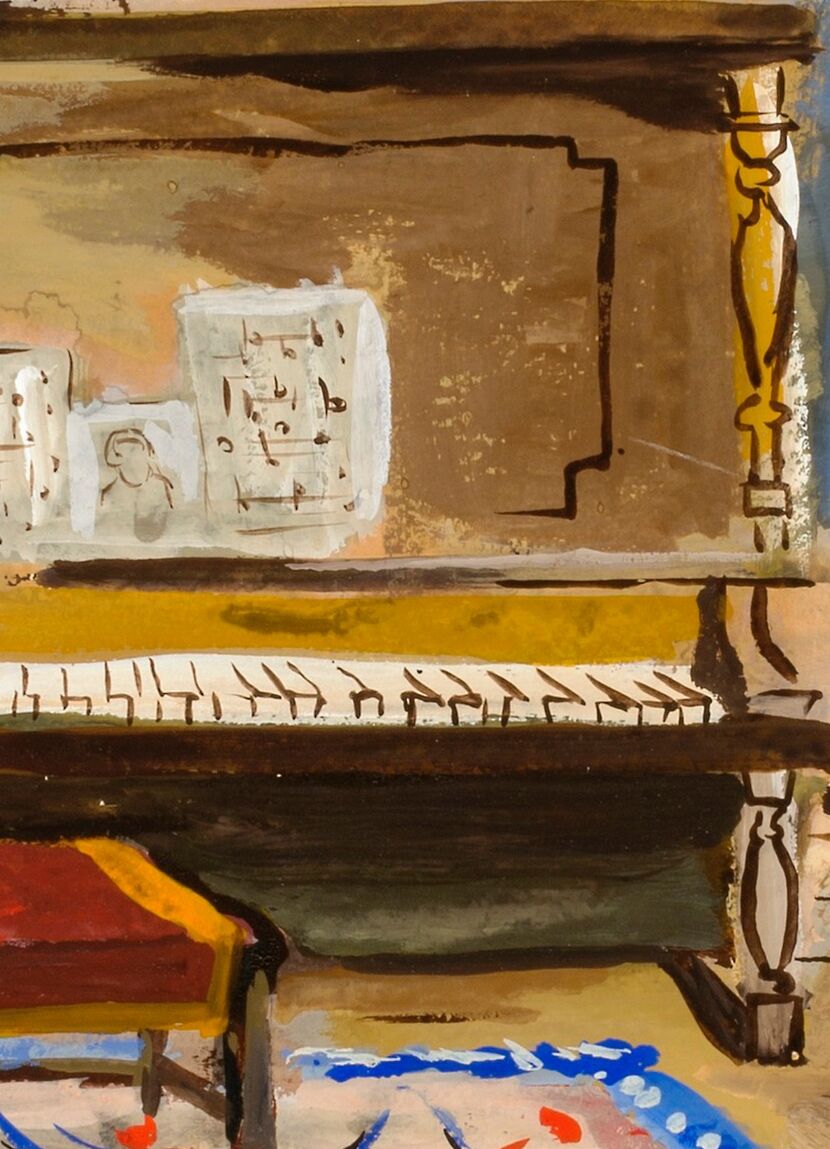
The Role of Music in Civic Life
Strengthening our shared American identity can be as simple as a song
Most of us would readily admit that music plays a significant role in our personal lives; after all, we spend countless hours listening to music in our cars or through our earbuds. But how often do we consider the role it plays in our social and community lives?
Perhaps singing “Take Me Out To The Ball Game” would be a the most broadly applicable example. When we hear this song, we are transported to the seventh-inning stretch of a baseball game where thousands of fans stand and sing together, engaging in a baseball tradition passed down since 1934. Weekly participation in congregational worship may desensitize Christians to the strangeness of masses of people acting in one accord and singing together in our modern world, but we must acknowledge that it is increasingly strange given the individualizing impulse of our age of AirPods and personally curated soundscapes. We each have unique musical tastes and listening practices that shape our personal identity. However, our shared experience with “Take Me Out To The Ball Game” suggests that music also shapes our communal identity.
Music is a powerful tool within human societies by which the intellectual, emotional, and moral lives of community members are positively impacted and shaped. A strong relationship exists between the musical activity and traditions of a community and the success of that community in maintaining its values and culture across successive generations. Music acts as a cultural leaven that works into the minds and hearts of participants, forming a sensitivity to the people and perspectives affiliated with a given community.

Music is a powerful tool within human societies by which the intellectual, emotional, and moral lives of community members are positively impacted and shaped.
On a national level, “The Star-Spangled Banner” provides a lingering example of this concept of cultural leaven as it relates to our sense of citizenship and patriotism within the United States. Patriotic songs have historically played a prominent role in the music curriculum of our public education system and have been used to instill a sense of citizenship and patriotism in students from a young age.
During school, The Pledge of Allegiance was led each morning through the loudspeaker before classes began, and the national anthem was performed before school sporting events. A district-wide Veterans Day assembly highlighted this embedded patriotic disposition each year through musical performances of “My Country ’Tis Of Thee,” “God Bless The USA,” and “Armed Forces Salute” to honor veterans in various branches of the US Military. Perhaps your childhood experiences were like my own.
Sadly, this patriotic musical practice is quickly fading in popularity. One NPR journalist identified this trend in a 2016 article entitled, “As patriotic songs lose familiarity in public schools, do they still hold value?” She interviewed fourth-grade students and discovered that, while they know “Take Me Out To The Ball Game” and “The Star-Spangled Banner,” they knew none of the other patriotic songs I have mentioned. I wonder whether the increasingly polarized national and political landscape is partly a consequence of failing to transmit a particular musical-cultural understanding about civics and shared American ideals.

“The Star-Spangled Banner” remains a vestige of that early musical practice that continues to inform our sense of place and belonging as citizens and residents of the United States.
While few of us still start each morning with the patriotic rituals of our school years, “The Star-Spangled Banner” remains a vestige of that early musical practice that continues to inform our sense of place and belonging as citizens and residents of the United States. Standing, removing our caps, placing our hand over our hearts, and quietly singing along in response to the music is not a spontaneous or organic behavior. Rather, it is a communal behavior taught and expected of members of the civic community. Whether we sing or assume the expected posture, we all participate in the performance through this ritual action, moving beyond the role of passive listeners and, thereby, appropriating the performance and its patriotic sentiment as our own.
The effect of music expands beyond our personal lives into the realm of communal and civic life. I submit that music must continue to play such a public role, especially amid the societal fragmentation characteristic of our technological age. While we often approach music through the personalized lens of music preference, we must acknowledge the formative effect of music within the broader communities we inhabit.
This knowledge should lead us to engage in and embrace the longstanding tradition of inherited music practices that transcend personal taste. To minimize our inherited musical traditions in deference to individualized musical taste diminishes the very bonds that hold our communities together. As we lean into our musical and cultural inheritances and zealously share them with the next generation, we foster lively and sustainable communities that communicate and actuate shared cultural values.

About the Author
Jacob Lute is an Associate Pastor of Music and Discipleship and adjunct professor in Pleasant View, Tennessee.
